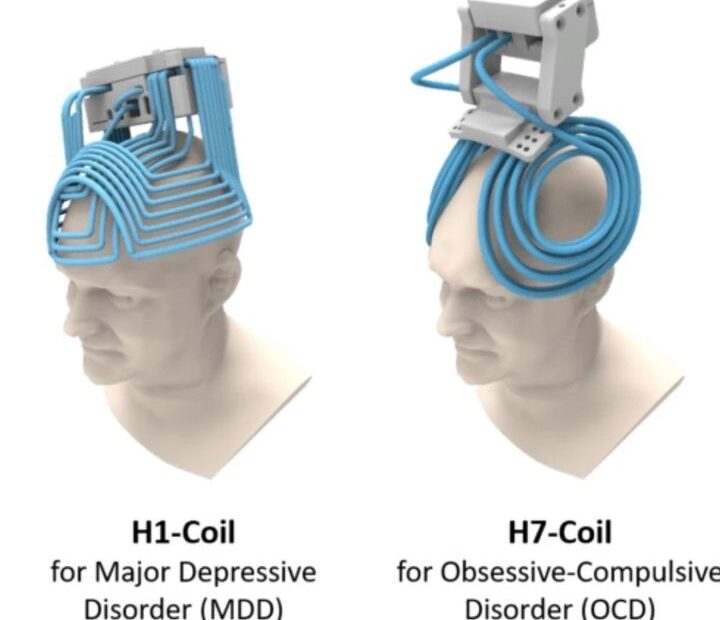Understanding TMS Treatments for Depression and OCD at Empower Psychiatry
Mental health is a crucial aspect of our overall well-being, and innovative treatments like Transcranial Magnetic Stimulation (TMS) have opened new frontiers in the care for patients suffering from conditions such as depression and Obsessive-Compulsive Disorder (OCD). At Empower Psychiatry, we focus on providing compassionate, cutting-edge care, and TMS is a significant part of our treatment arsenal. Let’s delve into the specifics of what happens during a TMS treatment session.
Preparation for TMS: The Initial Steps
Before diving into the treatment process, it’s important to understand the initial preparation steps for a TMS session. Patients are asked to remove any objects that are sensitive to magnets, including jewelry or credit cards. This ensures safety and the effectiveness of the treatment. Additionally, the use of earplugs helps with comfort and hearing protection, given the loud clicking noise the TMS device emits during operation.
First Session: Setting the Stage for Success
The first TMS treatment is a fundamental part of the patient’s journey towards recovery. Seated in a comfortable chair and fully awake throughout the session, the patient will collaborate with the TMS physician to locate specific areas of the brain relevant to the treatment. An integral part of this process is determining the “motor threshold.” Using brief pulses on the left side of the brain, the physician gauges the minimum power necessary to cause a thumb twitch. This process is vital to ensure that the stimulation reaches the intended areas effectively, setting the stage for successful treatment for either depression or OCD.
Motor Threshold Determination
Determining the patient’s motor threshold is an important step as it informs the intensity of the magnetic pulses required for treatment. This individualized approach ensures that the stimulation is both safe and tailored to the specific needs of each patient.
Positioning the TMS Coil
After determining the motor threshold, the physician positions the TMS coil. For patients with depression, the coil targets the left dorsolateral prefrontal cortex, an area of the brain associated with mood regulation. For OCD, the focus shifts to the medial prefrontal cortex, which plays a part in controlling obsessive-compulsive behaviors. The sensation during treatment is akin to tapping on the scalp, accompanied by the rhythmic clicking of the device.
Administering TMS
Prescribed by a psychiatrist trained in TMS and administered by a skilled technician, the TMS procedure involves a succession of treatment sessions. Typically, these sessions last around 20 minutes, and with deep TMS, they may span at least 30-36 sessions over the course of 1 to 8 weeks. Each session builds upon the last, gradually working to alleviate the symptoms of depression or OCD.
What to Expect During TMS Treatments
- No anesthesia is needed; patients are alert and can resume normal activities immediately after each session.
- TMS is non-invasive and doesn’t involve medication, making it an option for those who might not tolerate or want medication.
- Side effects are generally mild and may include headaches or discomfort at the treatment site, but these typically subside quickly.
Why Choose Empower Psychiatry for TMS?
Dr. Ravi Singareddy and the team at Empower Psychiatry are committed to providing personalized, top-notch psychiatric care. When you choose TMS at Empower Psychiatry, you’re not just getting a treatment; you’re gaining access to a supportive network of professionals dedicated to empowering you on the path to mental wellness.
Call to Action
If you or a loved one is struggling with depression or OCD and are seeking professional help, or if you’re interested in exploring TMS treatment as a potential option, don’t hesitate to reach out. Our clinic is just a call or a click away. Contact Empower Psychiatry at (770) 615-0226 or visit our website to learn more about how we can help you on the road to recovery. Your mental health is our priority, and we’re here to support you every step of the way.
Seeking a brighter future begins with one step. Begin your journey with Empower Psychiatry today.

